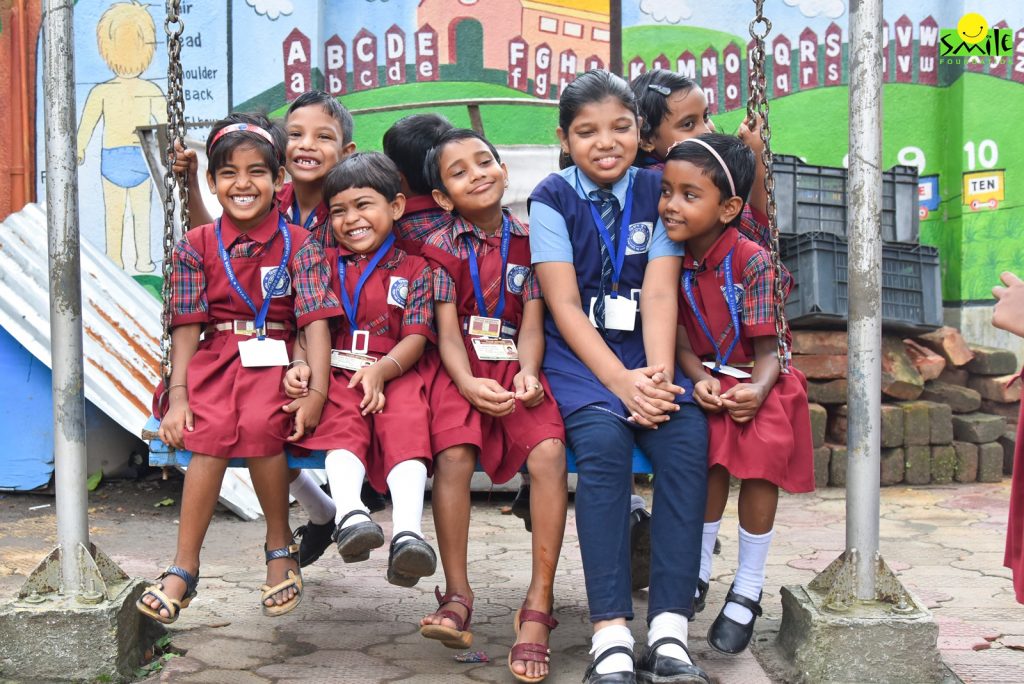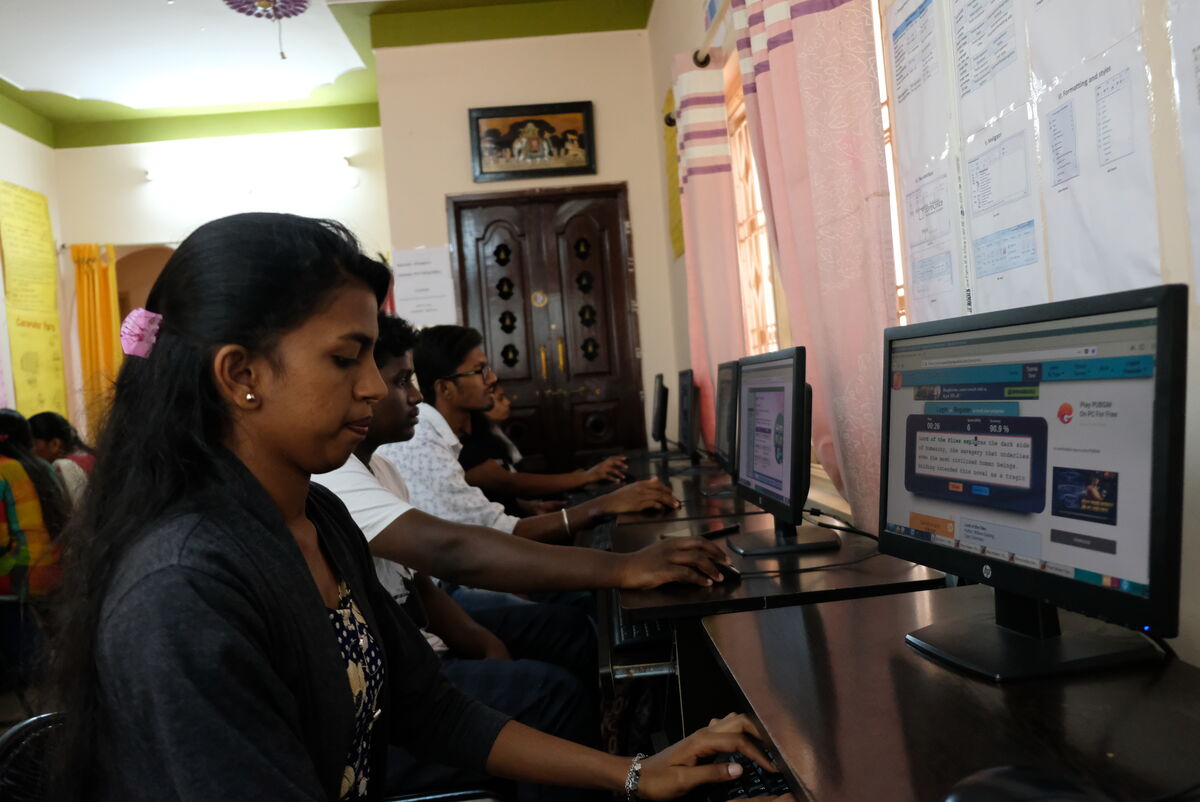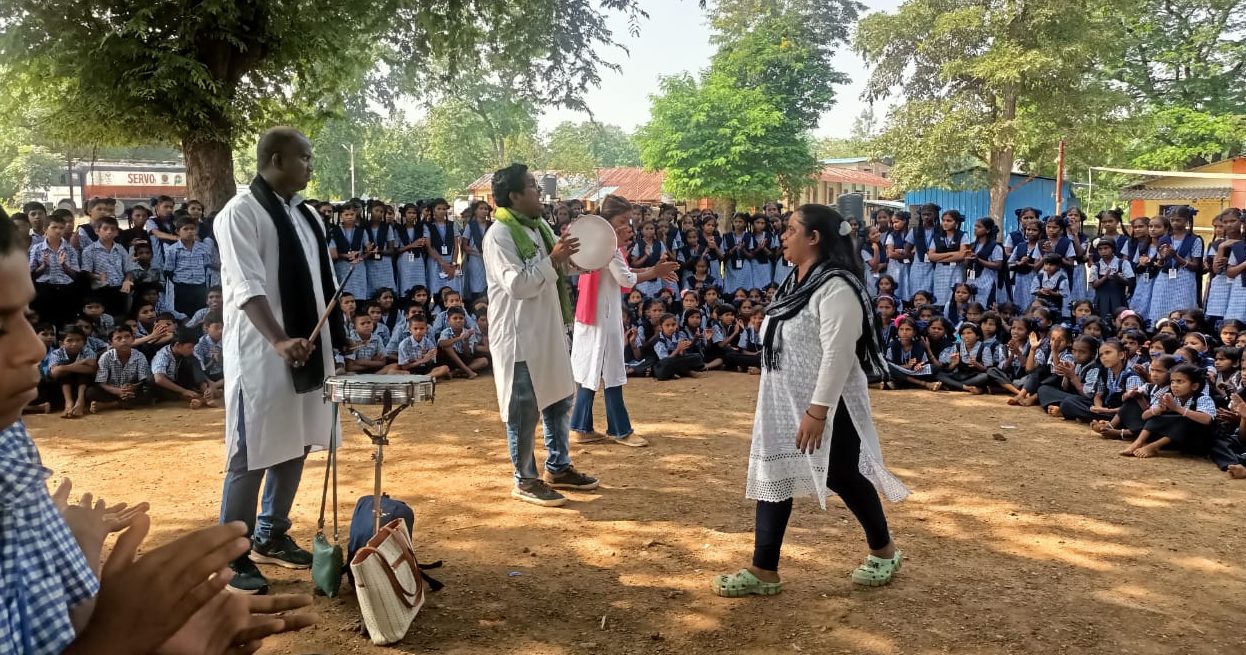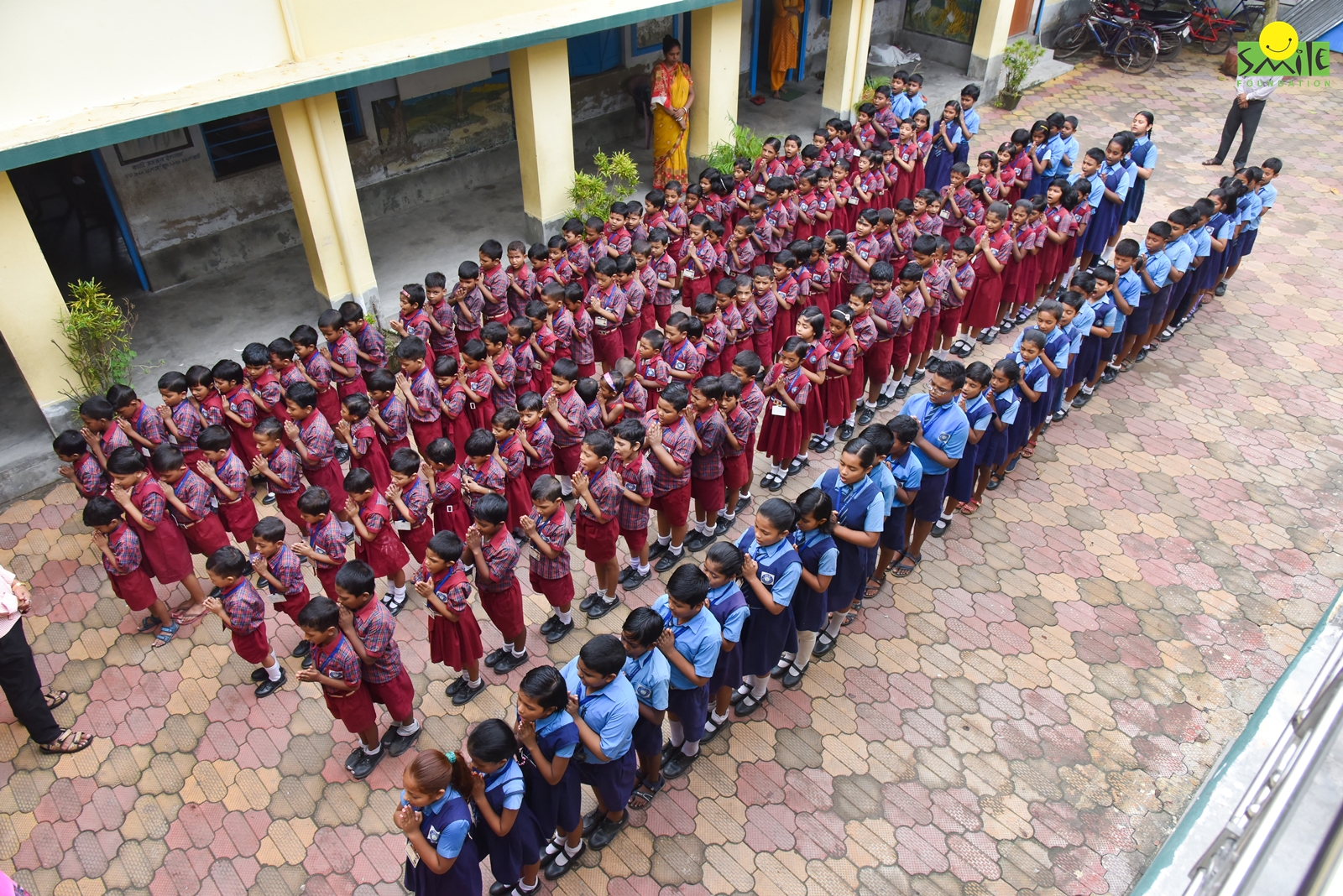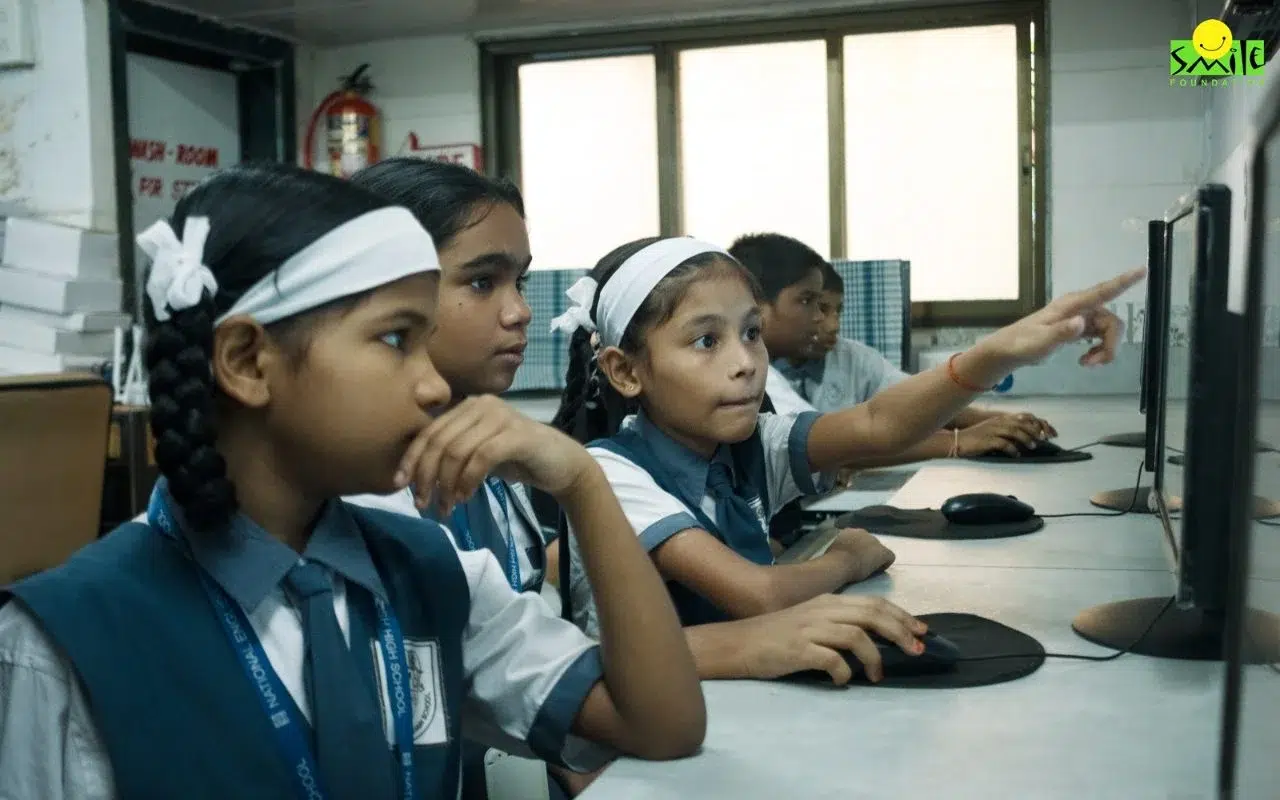India has long been a land of knowledge and wisdom, with its intellectual roots tracing back thousands of years. From the Nalanda and Takshashila universities to modern-day technology hubs, India’s contributions to global knowledge are both vast and significant. In the 21st century, as nations compete to lead in the fields of education, technology and innovation, India is positioning itself as a global knowledge superpower. The National Education Policy (NEP) 2020 is a bold step in this direction, aiming to modernise and revolutionise India’s education system.
“The objective behind introducing the National Education Policy-2020 is to make India a Global Knowledge Superpower and I am happy to note that the Union Ministry of Education, in coordination with all the stakeholders, is continuously making efforts in line with the National Education Policy ”
Hon’ble president Draupadi Murmu said.
Coupled with other progressive initiatives, these reforms are not only improving access to quality education but also fostering innovation and critical thinking. India’s demographic dividend, coupled with a renewed focus on skill development, research and international collaboration, is paving the way for a knowledge-driven future.
The Legacy of Ancient Indian Education
India’s intellectual heritage dates back to the Vedic period when education was deeply rooted in the gurukul system. Knowledge transcended mere academics and encompassed holistic development. Nalanda and Takshashila, two of the world’s oldest universities, attracted scholars from as far as China, Greece and Persia. These institutions emphasised the study of diverse subjects like medicine, astronomy, philosophy and literature, laying the foundation for India’s reputation as a knowledge hub. While historical glory is significant, the challenge today lies in leveraging this rich tradition to address current educational and economic demands.
Modern India and the National Education Policy 2020
The NEP 2020 marks a groundbreaking change in India’s education system. It aims to make the education system more inclusive, equitable and aligned with global standards while retaining its Indian ethos. For the first time in decades, the policy emphasises holistic, multidisciplinary education, moving away from rote learning and rigid curricula.
The NEP 2020 focuses on foundational literacy and numeracy, aiming to ensure that every child attains basic education by 2025. It aims for 100% school enrolment by 2030 and a 50% enrolment rate in higher education by 2035. The policy promotes flexibility through a credit-based system and multiple entry and exit options, reducing dropout rates and increasing accessibility for students across diverse backgrounds. In addition, the policy highlights the importance of using the mother tongue as the medium of instruction in primary schools to improve understanding and learning. It also promotes using technology in education, crucial in today’s digital world. Initiatives like DIKSHA and SWAYAM are also being developed to aid the government deliver quality education to even the remotest areas.
The Pillars of Excellence
“A large number of new institutions of higher learning, namely 7 IITs, 16 IIITs, 7 IIMs, 15 AIIMS, and 390 universities have been set up since 2014”
said Union Finance Minister Nirmala Sitharaman.
India’s top institutions like IITs, IIMs and AIIMS have elevated its global education standards. Indian Institutes of Technology (IITs) are known for producing world-class engineers and innovators, with alumni excelling in global tech and startups. Indian Institutes of Management (IIMs) have shaped top business leaders and entrepreneurs, while All India Institute of Medical Sciences (AIIMS) excels in medical education, research and training skilled healthcare professionals. These institutions strengthen India’s knowledge ecosystem and enhance its reputation as a hub for quality education.
”Our prosperity depends on adequately equipping and empowering the youth. The National Education Policy 2020 is ushering in transformational reforms.”
the finance minister further added.
In addition, the Ministry of Ayush has established the first-ever All India Institute of Ayurveda (AIIA), set up along the lines of AIIMS exemplifying India’s efforts to integrate traditional wisdom with modern healthcare. It aims to create a synergy between India’s rich traditional knowledge of Ayurveda and modern diagnostic tools and technology.
Global Collaboration and Knowledge Exchange
India’s increasing prominence as a global knowledge hub is further strengthened by international collaborations. Programs like Study in India aim to attract international students, showcasing India as an affordable and high-quality education destination. Between 2016 and 2022, the number of international students in India grew by over 20%, marking the success of such initiatives.
‘Study in India’ would focus on bringing foreign students to India in our higher educational systems”,
said Finance Minister Nirmala Sitharaman.
India is also partnering with countries like the United States, the United Kingdom and Germany to promote knowledge exchange, research, and innovation. The rise in global rankings of Indian universities reflects these efforts to improve academic standards and research output.
Research and Innovation
For India to emerge as a global knowledge superpower, a robust research and innovation ecosystem is non-negotiable. The NEP 2020 prioritises research through the establishment of the National Research Foundation (NRF). This foundation aims to fund, mentor and promote research across disciplines, enabling India to compete with global leaders in innovation.
Today, India ranks 39th in the Global Innovation Index 2024, a significant improvement from previous years, showcasing its rising potential. The success of India’s research-driven industries, such as pharmaceuticals, space exploration and information technology, reflects the country’s growing capabilities.
The Bottom Line
India is on the cusp of becoming a global knowledge superpower, leveraging its rich legacy and modern reforms. But challenges like disparities in education access, gender gaps, the digital divide and poor infrastructure still hold us back, especially in rural areas. To move forward, we need inclusive policies like NEP 2020 and better funding for education and research.
Nurturing innovation and critical thinking is essential to harness India’s demographic dividend. Global partnerships and digital technologies are already pushing this vision ahead. With consistent efforts from policymakers, educators and industry leaders, India can overcome these challenges and take its place as a global powerhouse in education, research and innovation.



